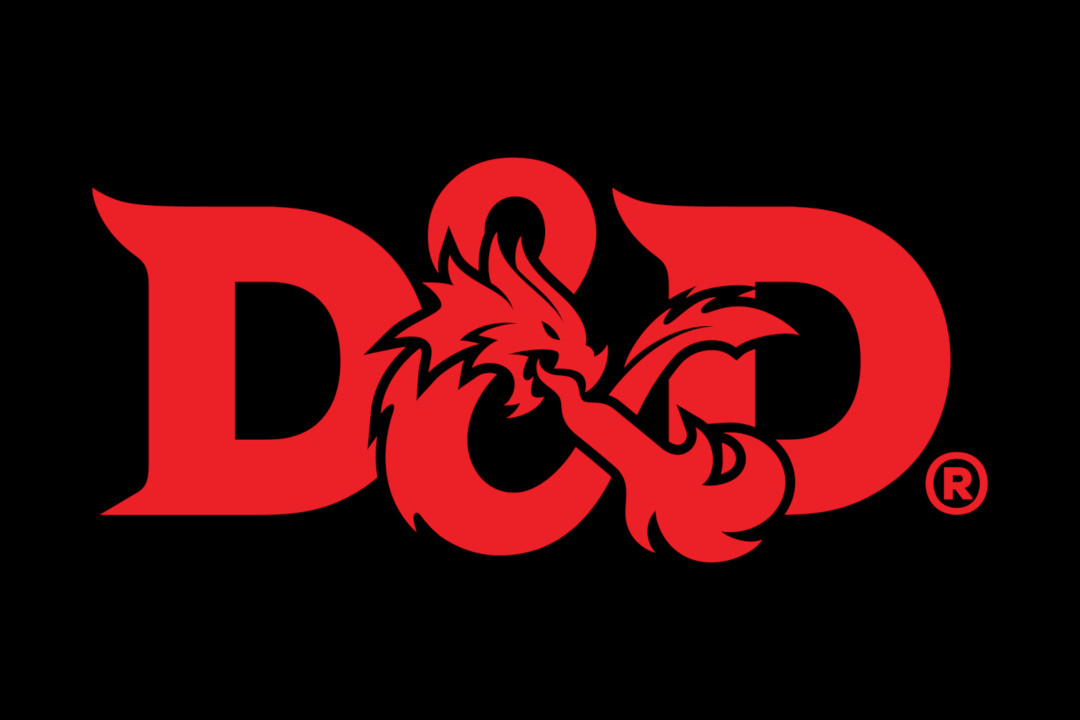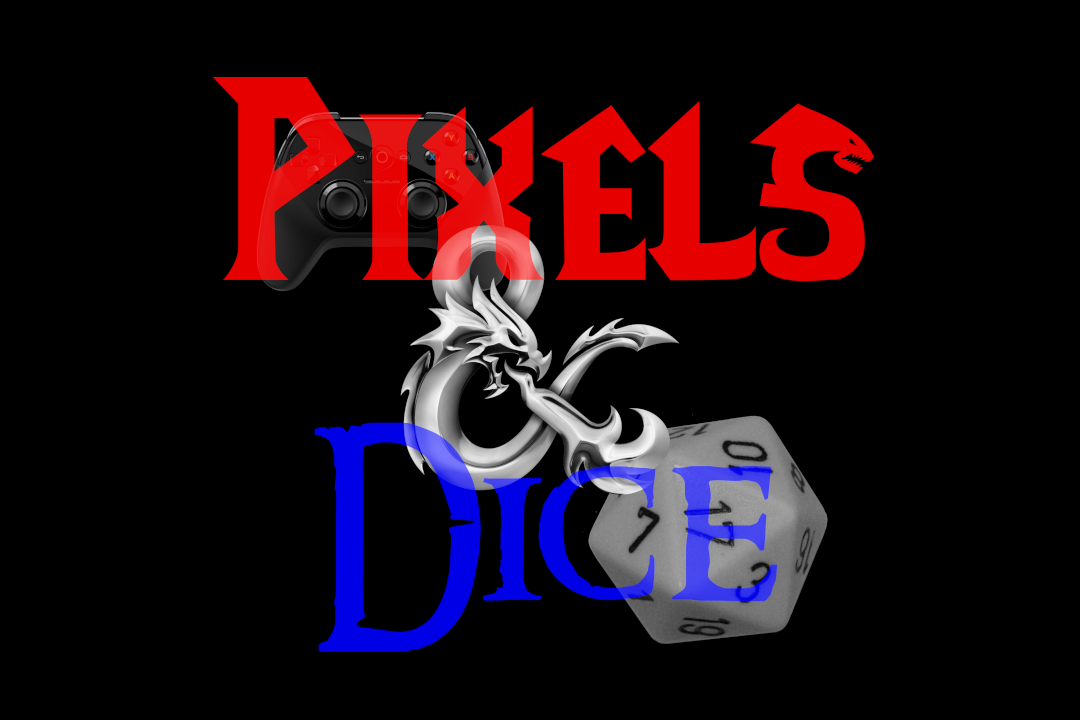So I suppose you are wondering what this is all about? Is Scormey just going to rant on endlessly about something he doesn’t like, as he almost always does?
Oh, no, dear reader! I assure you, this series of articles (why yes, I envision this becoming something of a regular feature of the Blog) will not be just more of the same old Ranting from Your Humble Narrator™, oh no! You see, with this subsection of the blog, I will be posting things I hate about games (and occasionally other media) that I love, and sometimes posting stuff I love about things I otherwise hate.
Make sense? Good.
FIVE THINGS I HATE ABOUT D&D (5th Edition)
Now then, before we get to the actual list, let’s talk a bit about the subject at hand, “Dungeons & Dragons”. I have played this game, in various forms, since the 1970s, and thoroughly enjoy it. Some of my fondest memories come from sitting around the table, playing D&D with friends and family, rolling dice, telling stories, and generally having a great time. That said, D&D has always been a flawed game, regardless of the edition being played, and while 5th Edition has done a lot to improve on the issues of past editions, it is also full of errors and problems that simply cannot be ignored.
So, with all that in mind, let’s begin. NOTE: These are in no particular order, and will be limited to content from the three, core books only.
- Death Saving Throws (PHB, page 197): Who in the hell thought these were a good idea? Look, I get it… Wizards of the Coast doesn’t want players to die very easily, especially in lower levels, so they needed a system to prevent that, or at least make it more difficult. Thus we got Death Saving Throws. Reach zero hit points, and you need to make one of these special saving throws every round, until you either get stabilized or healed by at least one hit point. Gain three fails without getting healed or stabilized, and the character dies. Seems reasonable, right? No, because the system is even more ridiculous than that. If you take further damage after hitting zero HP, say from an additional attack, and it only counts as a failed death save. You don’t actually go into negative hit points. So in effect, a character could hit zero hit points, roll (and succeed) on their first death save, then eat two more massive attacks, before getting a simple Cure Wounds spell cast upon then, wiping all of that extra damage away. Yes, you can use optional rules to modify this system, but that’s not the point. Rules As Written (RAW), this system sucks!
- Challenge Rating (MM, pg. 9): I’m fairly certain every Dungeon Master would agree with me that this system is broken. Hell, it was broken back in 3rd edition! One of the few things WotC did right with 4e was no Challenge Rating, and they could have carried that over to 5e, but no! We’re back to the same subjective bullshit that never seems to work right! Here’s a clue for you, Wizards: Monsters are as difficult as the DMs think they should be, and that’s how the game should work. CR might be seen as a tool for inexperienced DMs, to help them craft their combat scenarios to their team of adventurers, but that usually ends badly, since many monsters in the “Monster Manual” have Challenge Ratings that are wildly inaccurate! WotC would do well to just scrap this in the next edition of the game, and never bring it back again.
- Spell Slots (PHB, pg. 201): Why in the holy hell are we still doing this Vancian magic bullshit in D&D? I get that many people expect this tired and antiquated style of magic system, because it has basically always been a part of the game, but that’s also the problem. It is the 21st Century, people! Tabletop gaming has evolved well beyond this old, broken, and ancient way of handling spellcasting, and I have to wonder why WotC hasn’t moved on with the times yet. This is their third time up at bat with D&D, so why are they sticking to 1970’s era game development, when they could be taking the game into new, exciting, and actually functional styles of play? Bloody hell, Wizards… get with the program!
- Magic Items, and the Pricing Thereof (DMG, pg. 135): This section of the Dungeon Master’s Guide is rather, confused, to say the least. It starts off talking about rarity, with a handy table for suggested prices for each level of rarity (even if those prices are basically useless). But then they go on to discuss buying and selling magic items, and immediately start off by saying that all but the weakest magic items (potions and such) should be so rare as to be basically impossible to buy or sell! So, which is it, WotC? Can I drop 500 gold for an Uncommon magic item (the most expensive price for such an item, according to your table), or is it basically so rare as to be virtually priceless? Speaking of priceless, one might think that Legendary magic items would basically be exactly that, priceless, but not according to this table! They can be bought for as little as 50,001 gold pieces, if one knows where to look, according to the table. The point is, the wording in this section of the DMG is contradictory and effectively useless, especially to those new to the game, which – let’s be honest here – is exactly the target audience for the DMG.
- The Long Rest (PHB, pg. 186): So I take it Wizards of the Coast just want every player character to be immortal, then? Between the ridiculous Death Save system (discussed previously), the abundance of healing options available in the game, and now… this? What The Actual F*ck, WotC?! Okay, so I’m sure D&D players know where I’m going here, but for those of you who don’t, it boils down to this: If a character gets eight hours of rest each day, which can include up to 2 hours of light activity (taking watch, for example), and no more than one hour of strenuous activity (combat, for example), they get all of their hit points back. Yes, they are completely healed, outside of some unusual circumstance preventing this (poison, disease, curse, etc). A character could be rent asunder, down to just one hit point and thus barely alive, and if they get a good night’s sleep, they awake completely healed?! I know this is a fantasy game, but that is just a bit too much! This is why games that include degrees of injury are so much better than D&D in this regard. They at least can set time for healing to match with the degree of injury accordingly, so that simple injuries take only a day to heal, and extreme injuries might take weeks, or may include permanent disability to the character involved. But no, none of that for D&D! Just get some bedrest, and you’ll be right as rain when you wake up!
Please note: This list is not all-inclusive. I could go on all day about how broken D&D 5e is, to be honest. But it is still a fun game, despite all of its many flaws.



